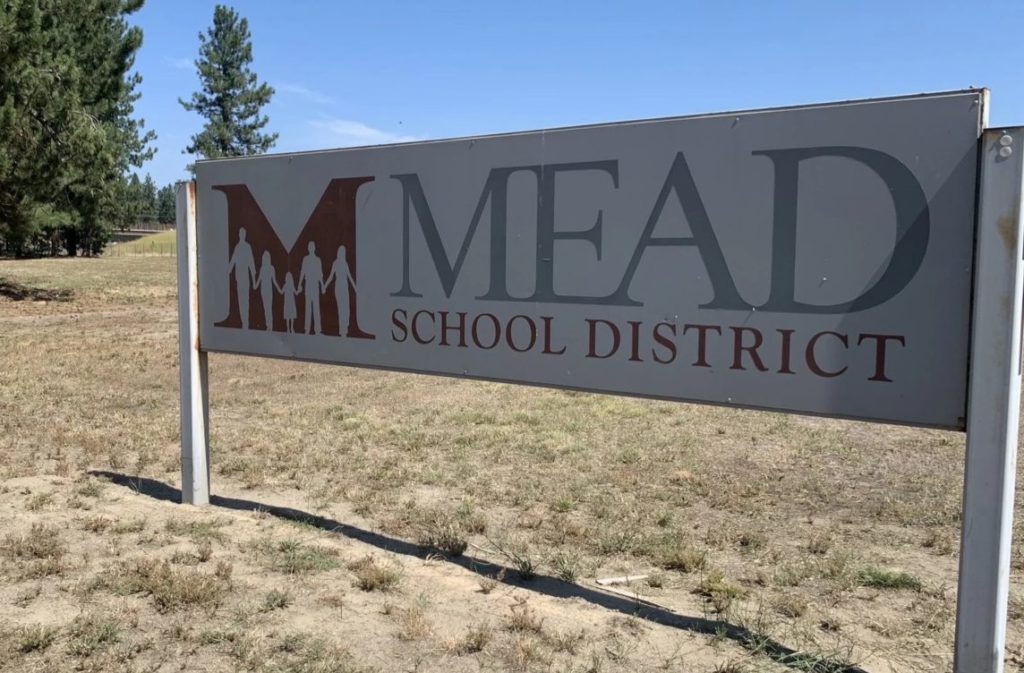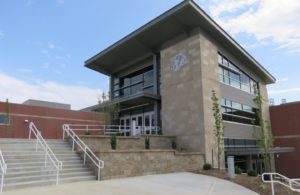Washington school district nixes proposals to limit CRT, gender identity
(The Center Square) – The Mead School District has chosen not to move forward on proposals to ban Critical Race Theory instruction and gender studies materials from elementary libraries.
Nearly…

(The Center Square) – The Mead School District has chosen not to move forward on proposals to ban Critical Race Theory instruction and gender studies materials from elementary libraries.
Nearly 200 parents, students and educators crowded into Northwood Middle School for Monday evening’s meeting, many to comment on the proposals brought forward by District 4 Director Michael Cannon.
He told The Center Square that his proposal regarding CRT was intended to encourage conversations about the “good, bad and ugly” of American history without a political agenda.
It is important, noted Cannon, to talk about slavery and maltreatment of Native Americans and Chinese immigrants in a way that factors in societal changes for the good.
“We should not be teaching our kids that we are a hopelessly racist nation that operates with ‘oppressors’ and ‘the oppressed,’” he said.
CRT is the core belief that U.S. social institutions (e.g., the criminal justice, education, labor market, housing market, and healthcare) are laced with racism embedded in laws, regulations, rules, and procedures. That system leads to differential outcomes for whites and people of color, according to a definition by the Brookings Institute.
Cannon proposed that school district employees not be made to discuss CRT curricula or ideology. As examples, he named the book “How to be AntiRacist,” written by social justice activist Ibram X. Kendi and “Caste: The Origins of Our Discontents” by journalist Isabel Wilkerson.
Cannon wanted any educator who explored these and similar writings in class to do so from “diverse and contending perspectives without giving deference to any one perspective.”
His second proposal required that resources provided to K-5 students be “age appropriate and not include references to gender identity, gender fluidity, the gender spectrum, or gender-neutral ideology.” He said providing gender identity lessons to that age group was “inappropriate.”
A mother of two students in the district testified that parents and community members needed to trust educators to do the right thing on both subjects.
“They know how to navigate these difficult things,” she said.
Another parent disagreed.
“If we parents didn’t see a cause for alarm, we wouldn’t be here,” she said.
Tensions ran high during the evening as some audience members shouted over commenters who expressed differing opinions.
Some of those who argued in favor of Cannon’s proposals warned the Mead board that they could face the consequences in the next election by not supporting them.
“If you vote no, I sadly promise I will vote no on all bonds and levies until this poison is eradicated,” one parent said.
Others said that teaching diverse viewpoints was a beneficial part of education.
After more than two hours of hearing testimony, the board decided that neither proposal should be pursued.



